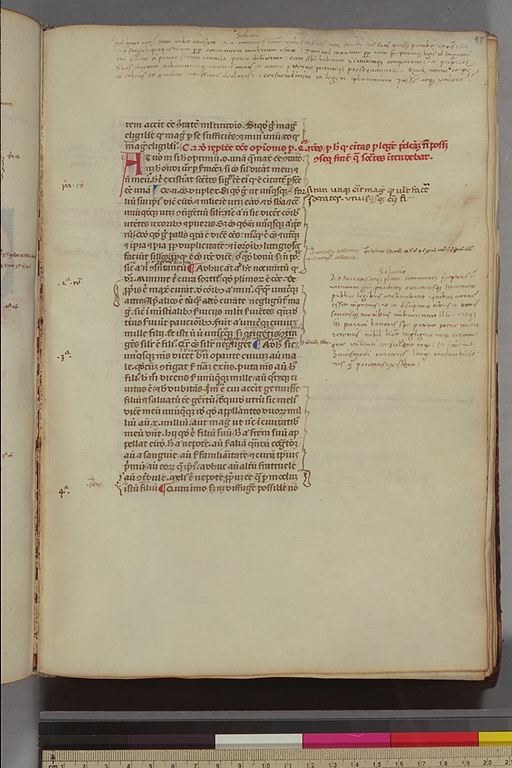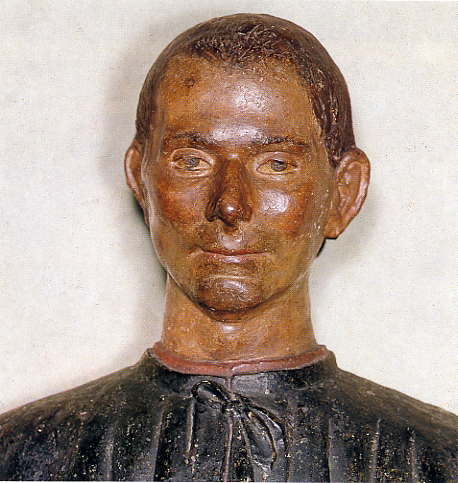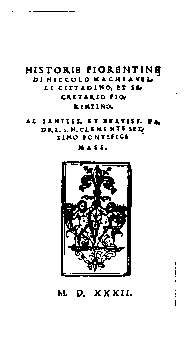15 Renaissance Political Thought
Political Thought and Machiavelli
Political thought at universities:
old laws, new situations
Civil law: Justinian Code: and commentaries
Canon law
Aristotle

Aristotle’s Politics translated ca 1260
Thomas Aquinas
Christian notions of human nature
Aristotle’s sense of the polity
Marsilius of Padua (1275/80-1342/3) Defender of Peace 1324
Papacy: Babylonian Captivity, Schism
plenitude of power
Conciliar Movement
Bible:
history of Jews, ancient politics and religion
Christian notions of “old” and “new” law
Humanist movement: another set of changes
“civic” humanist writings: Bruni
Cicero, Seneca
public good
histories
15th c humanists and politics
diverse forms of “modern” government
diverse humanists tasks for writing
Roman models, Greek models. Some issues in the sources:
- value of Athenian democracy; evils of same
- Spartan government and stability
- constitutional forms: democracy, oligarchy, monarchy; “Mixed”
- Polybius on Rome: why did Rome triumph?
- Rome and virtue: why did Rome fail?
- Rome, Christianity, and virtue
politics via the study of history
Thucydides, Polybius

Polybius, Histoire, tr. Vincent Tuillier, 1727-1730
Bruni, Machiavelli
Niccolò Machiavelli (1469-1527)

Anon. portrait bust, Florence, Palazzo Vecchio
chancery 1498-1512: Florence and its subject regions
secretary to foreign policy magistracy of the Ten
envoy to Italian cities HRE, France.
militia: reconquest of Pisa, 1509
1512 return of Medici
1513 torture, exile Prince
allowed back into Florence, wrote/read Discourses 1513-19
Art of War 1521, Florentine Histories 1525.

virtue; fortune; republic; freedom
